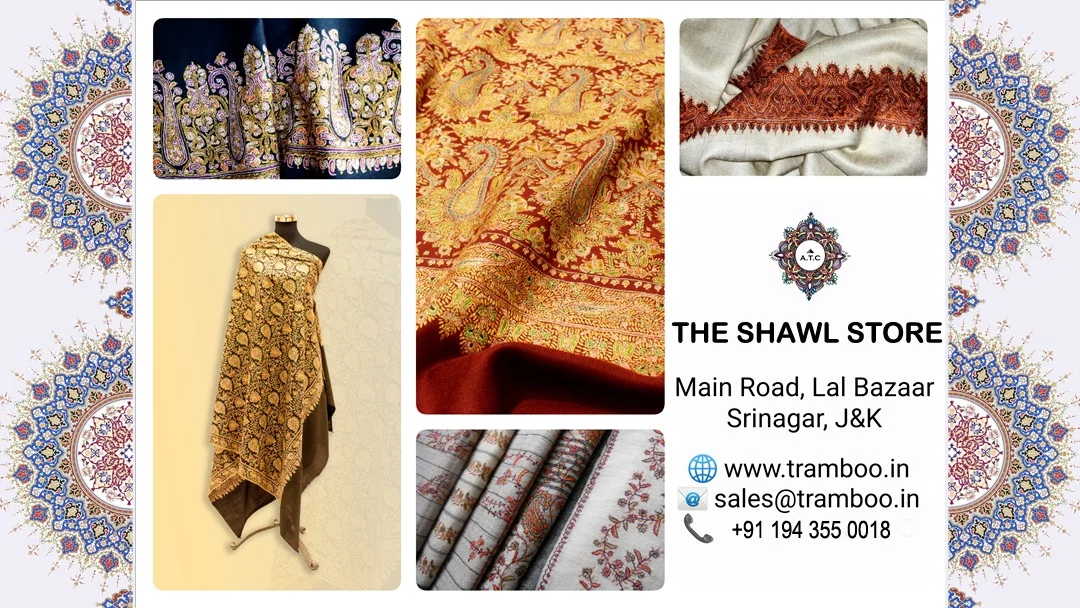By: Waris Nissar
Qur’an and Sunnah call for simplicity, character, and righteousness in marriagebut societal expectations, especially in Kashmir, have made Nikah a material burden that delays and discourages unions.
Introduction
Character Above Wealth — A Forgotten Criterion
The Prophet Muhammad ﷺ gave us a timeless principle to assess potential spouses: “If a man whose religion and character you are pleased with comes to you [with a proposal], then marry him. If you do not, there will be turmoil on Earth and great corruption.” (Tirmidhi) Sadly, this advice is rarely followed. Many grooms are rejected simply because they do not own a house or car. Many young women are dismissed because of their skin tone, caste, or family background. These rejections aren’t just un-Islamic — they are damaging to individuals and communities. What matters in Islam is not what a person owns but who they are. Their honesty, their prayers, their trustworthiness — not their pay scale or property. “Indeed, the most noble of you in the sight of Allah is the most righteous of you.” (Surah Al-Hujurat, 49:13) This Qur’anic truth should be the foundation of our marriage decisions, not worldly status.
The Kashmiri Crisis: Overaged and Overlooked
In Kashmir, the crisis of delayed marriages is growing. Many men and women remain unmarried into their thirties not because they lack faith or desire, but because they cannot meet the unreasonable demands of society. Young men with strong character, deen, and education are overlooked because they do not yet have “settled jobs.” Young women face constant judgment, stigma, and rejection for things they cannot control. This “overage” culture is producing psychological trauma, depression, and frustration. Families are divided, youth feel hopeless, and communities lose their moral balance. Worse still, this delay opens doors to immorality and temptation — something Islam warns against. The Prophet ﷺ advised: “O young people, whoever among you can marry, let him marry, for it helps lower the gaze and guard chastity.” (Bukhari and Muslim) When we make Nikah difficult, we make sin easy.
The Curse of Extravagant Weddings
Another serious barrier is the obsession with extravagant weddings. In Kashmir, weddings are often defined by how lavish the feast is, how heavy the gold, and how grand the guest list. Families spend lakhs on functions, dowry, and ceremonies — money that could instead support a new couple’s actual life. Islam urges simplicity. The Prophet ﷺ said: “The most blessed marriage is the one with the least expenditure.” (Bayhaqi) The Prophet married off his daughters with simple dowries and never allowed culture to overshadow Islam. Yet today, families fall into debt just to meet social expectations. In doing so, we block the very barakah (blessing) that Nikah is meant to bring.
What Needs to Change
But change will only begin when we stop blaming “society” and start correcting ourselves. Society is not greater than Allah — and if we keep using it as an excuse, we are placing it above His command.






